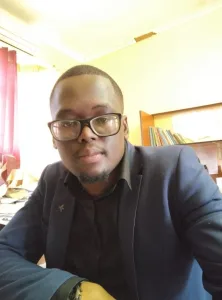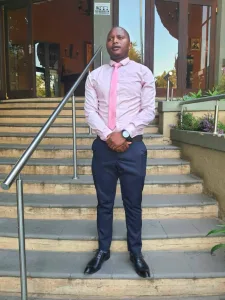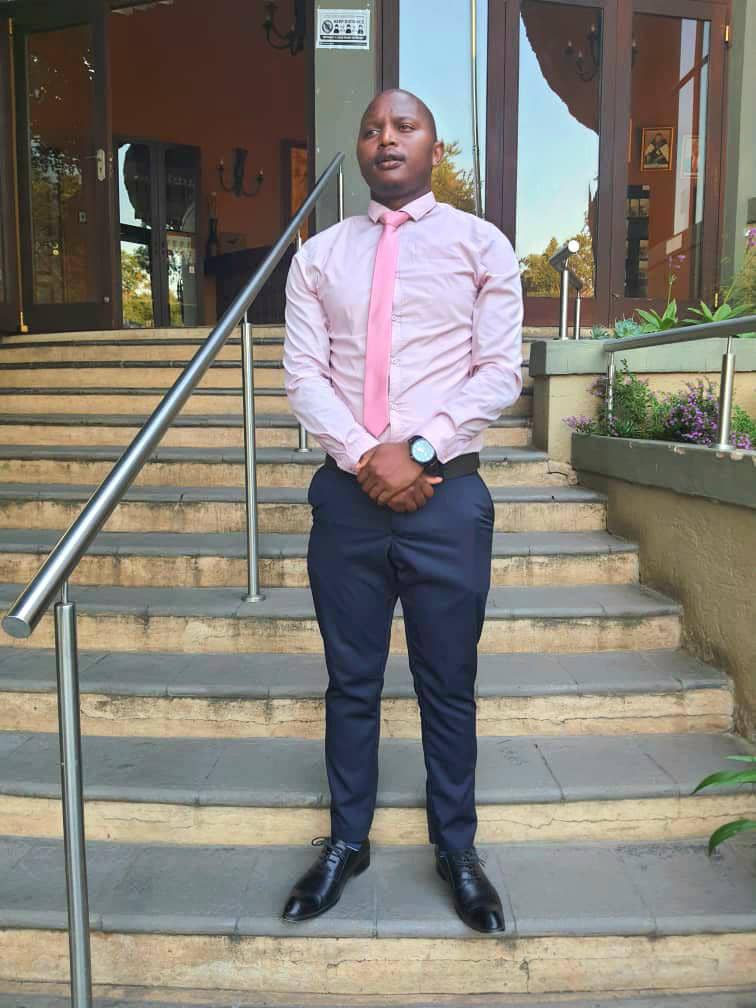By Ncaba Ntshakala
In response to the unveiling of a technical committee tasked with reviewing and overhauling Eswatini’s education system, some teachers across the country have expressed their opinions, where they highlighted both optimism and areas for improvement.
A teacher from Mkhuzweni High School, Ngcebo Hlophe, hailed the formation of the committee as a step in the right direction, stating, “It’s long overdue; our education system has not been meeting objectives for a while now.

” Hlophe emphasized the need for tertiary institutions, particularly UNESWA, to undergo a serious overhaul, advocating for the removal of programs that no longer meet market demands.
He also stressed the importance of prioritizing educators’ welfare, suggesting that their concerns are often overlooked.
Regarding the country’s curriculum, Hlophe emphasized the need for alignment with global educational trends, especially in the era of the Fourth Industrial Revolution.
ALSO READ: Education, Health sectors account for…
He urged the committee to explore how technology can facilitate more effective teaching and learning processes.
“The curriculum needs to be tailored to meet global educational trends.We livin in the 4th industrial revolution era, the curriculum needs to be geared towards the 4th industrial revolution.
” Hlophe stated. “Also, the team need to look at how technology can be used for an easier and effective teaching and learning process.”
Bandile Shabangu, another teacher from Manzini, echoed Hophe’s sentiments, commending the Minister for Education and Training for initiating the overhaul.

Shabangu highlighted the committee’s inclusivity, particularly the involvement of industry players and subject specialists.
However, he noted a potential oversight in the exclusion of school committee chairs representing parents’ voices.
Shabangu emphasized the importance of prioritizing the integration of technology in education, citing the challenges highlighted during the Covid-19 pandemic, where access to education became skewed towards those with greater resources.
He called for partnerships between the government, business community, and donor agencies to bridge the economic gap in education.
“We are aware of the efforts government made on upskilling teachers on such together with UNESWA, the issue remained on the learners as some lacked resources.” Said Bandile.
“This therefore calls for more partnerships to be made between government, the business community and donor agencies like UNESCO, UNICEF and in some cases,
the World Bank to consider helping our government to continue bridging the gap between the rich and the poor on schools so that there wouldn’t be much of an economic divide in the near future.”
In terms of the curriculum, Shabangu advocated for a home-grown approach centered on the country’s developmental policy.
ALSO READ: Lushaba pledges health, education transformation…
He stressed the importance of equipping learners with not only knowledge but also survival skills, including vocational subjects and advancements in technology.
Shabangu proposed exploring opportunities for Eswatini’s Form 5 graduates to teach English abroad, potentially easing unemployment pressures and enhancing the country’s tax base.
Some students also praised the initiative done by the Ministry and they expressed that the technical committee’s work poses potential advancing Eswatini and creating a learner-based education.
Mnelisi Dludlu and Lindokuhle Matsenjwa, students from the University of Eswatini (UNESWA), shared their insights on the formation of the committee.
Dludlu expressed optimism about the committee’s potential to address long-standing issues within the education sector. He stated,
“The formation of this committee signals a much-needed shift towards a more dynamic and responsive education system.
As students, we have often felt the limitations of the current system, and we believe that the committee’s efforts will lead to positive changes that benefit learners at all levels.”
Lindokuhle Matsenjwa echoed Dludlu’s sentiments, emphasizing the importance of inclusivity and stakeholder engagement in the reform process.
ALSO READ: OVC to benefit from govt’s…
“For too long, students’ voices have been overlooked in decisions about our education.
The formation of this committee is a step in the right direction towards ensuring that student perspectives are heard and considered in shaping the future of education in Eswatini,” Matsenjwa remarked.
Last Friday, in response to the concerns raised during the Sibaya People’s Parliament last year, the Minister of Education and Training, Owen Nxumalo, unveiled the formation of a technical committee tasked with reviewing Eswatini’s education sector.
The Minister revealed the development during a press conference which was held at the Ministry’s headquarters.
The committee is led by Mboni Dlamini, the Executive Secretary of the Eswatini Qualifications Authority (EQA), and comprises of seasoned professionals from various institutions across the country.
During the unveiling, the Minister said that the committee has been given a six-month timeframe to conduct its review and submit a comprehensive report outlining its findings and recommendations.


